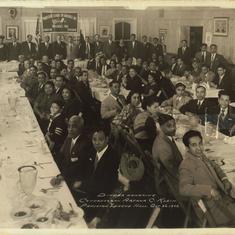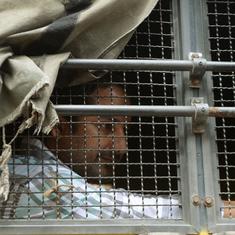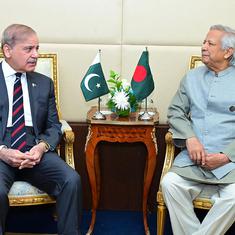SC issues notice to Centre, states on president’s reference about timelines for assent to bills
President Droupadi Murmu had posed 14 questions on an April 8 verdict of the Supreme Court that set timelines for governors and the president to grant assent.

The Supreme Court on Tuesday issued notice to the Centre and all state governments on the reference made to it by President Droupadi Murmu about the court’s April 8 ruling that set timelines for governors and the president to grant assent to bills passed by legislatures, Live Law reported.
The notice was issued by a constitution bench comprising Chief Justice BR Gavai and Justices Surya Kant, Vikram Nath, PS Narasimha and AS Chandurkar. The matter concerning the appearances of the respondents will be heard on July 29.
“Tentatively, we propose to start [the hearing] somewhere in mid-August,” The Indian Express quoted Gavai as saying.
In May, Murmu made the reference to the court under Article 143(1) of the Constitution with regard to its April 8 ruling.
Article 143(1) allows the president to ask for the opinion and the advice of the court on matters of legal and public importance. In light of the reference, the court will have to set up a Constitution bench to provide answers.
The ruling on April 8 had come on a petition filed by the Tamil Nadu government after Governor RN Ravi did not act on several bills for more than three years before rejecting them and sending some to the president.
In its judgement, the court held that governors must decide on bills within a reasonable time and cannot delay indefinitely under Article 200. Similarly, it said that the president must act within three months under Article 201, and any delay beyond that must be explained and communicated to the state government.
Both sections outline the process of assent to bills by governors and the president.
The judgement had also introduced the concept of “deemed assent” in cases of prolonged inaction by the governor or president, allowing pending bills to be considered approved, Bar and Bench reported.
Referencing the 14 questions, Murmu had asked whether the actions of governors and the president could be tried in court, and whether such timelines could be imposed on them in the absence of such provision in law.
The president also noted that Article 200 and Article 201 of the Constitution do not prescribe deadlines or specific procedural requirements.









